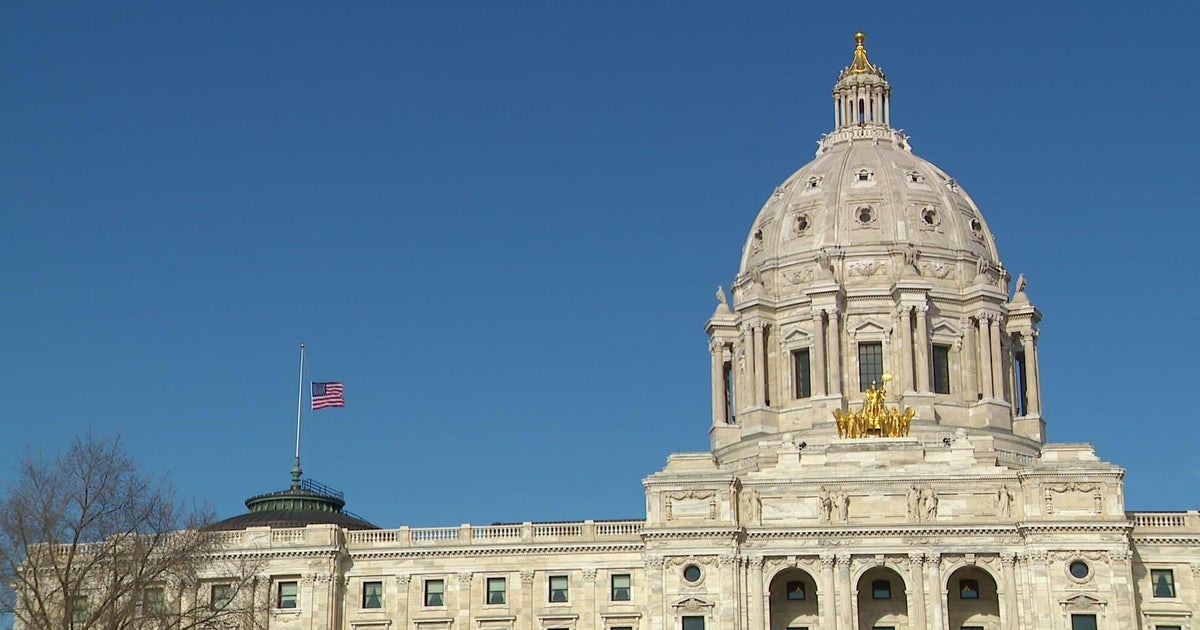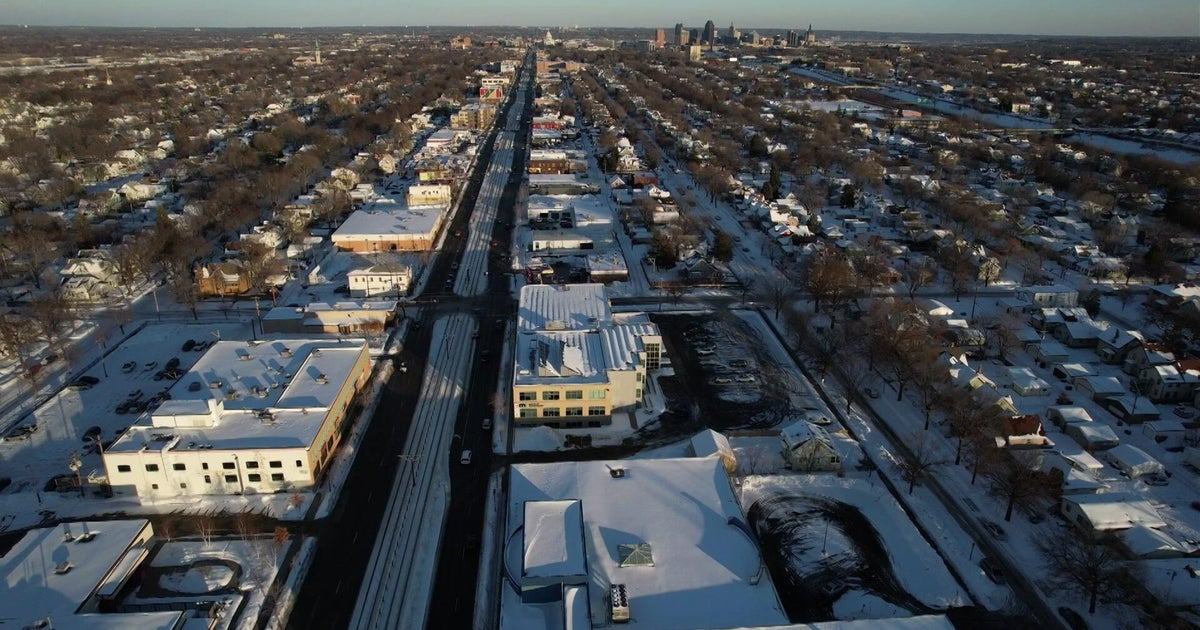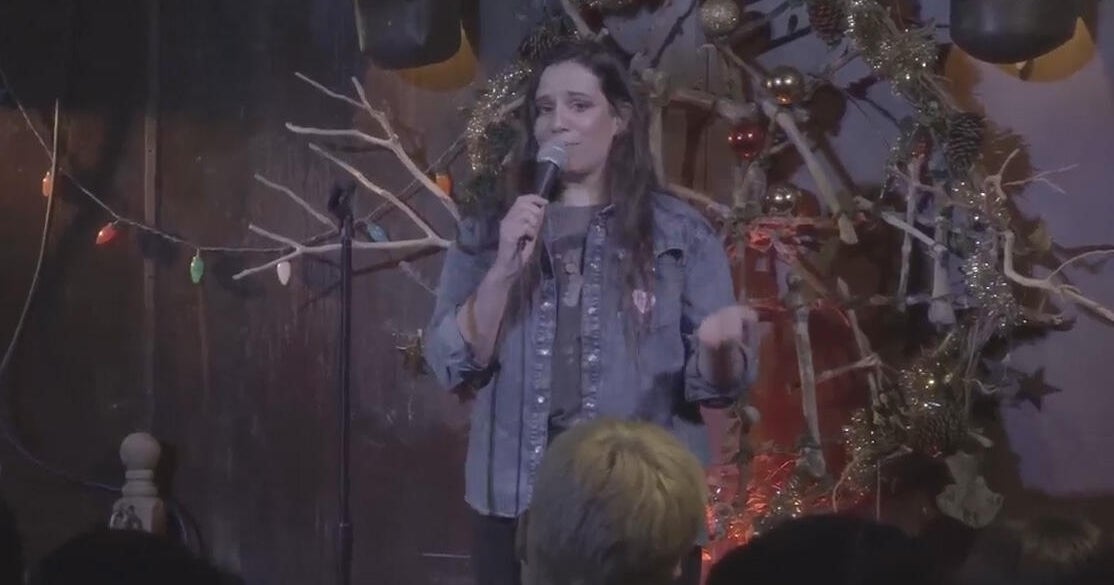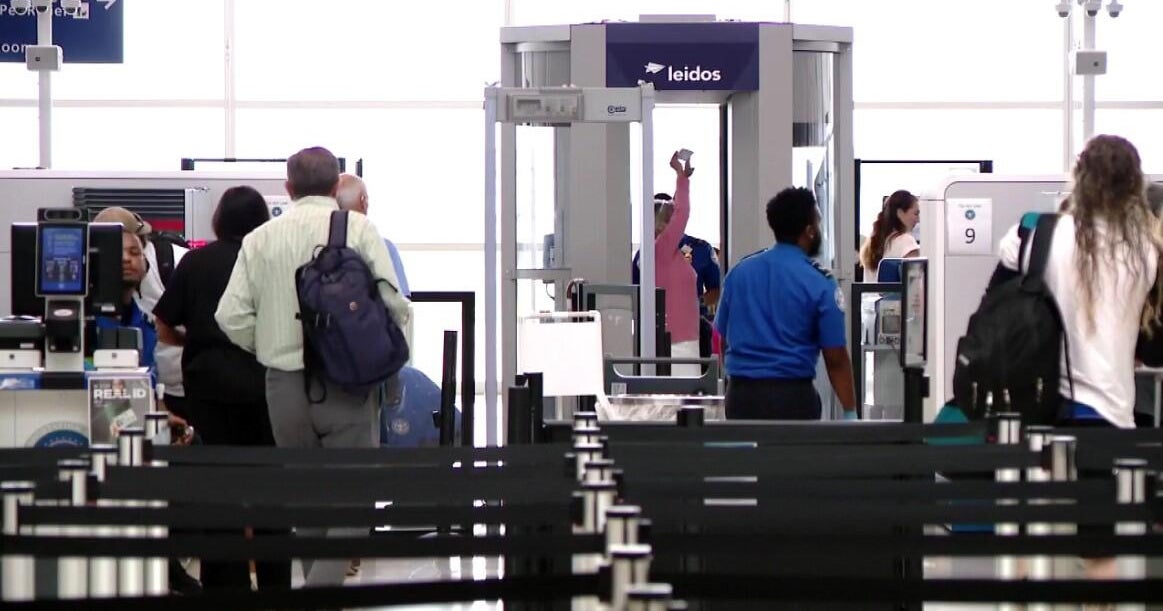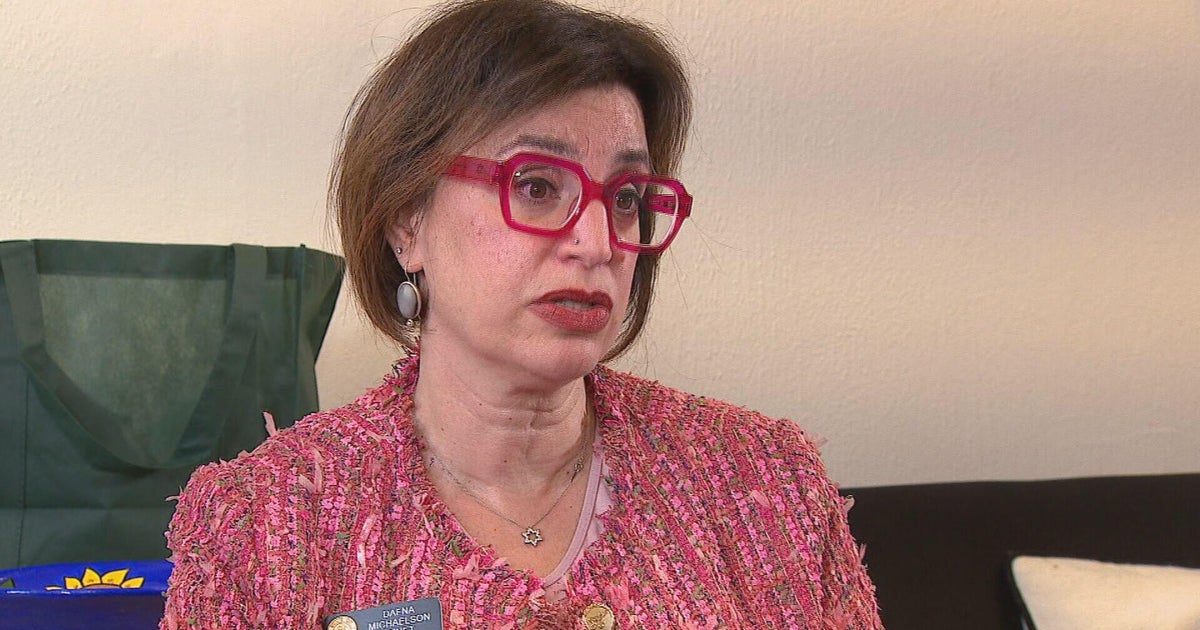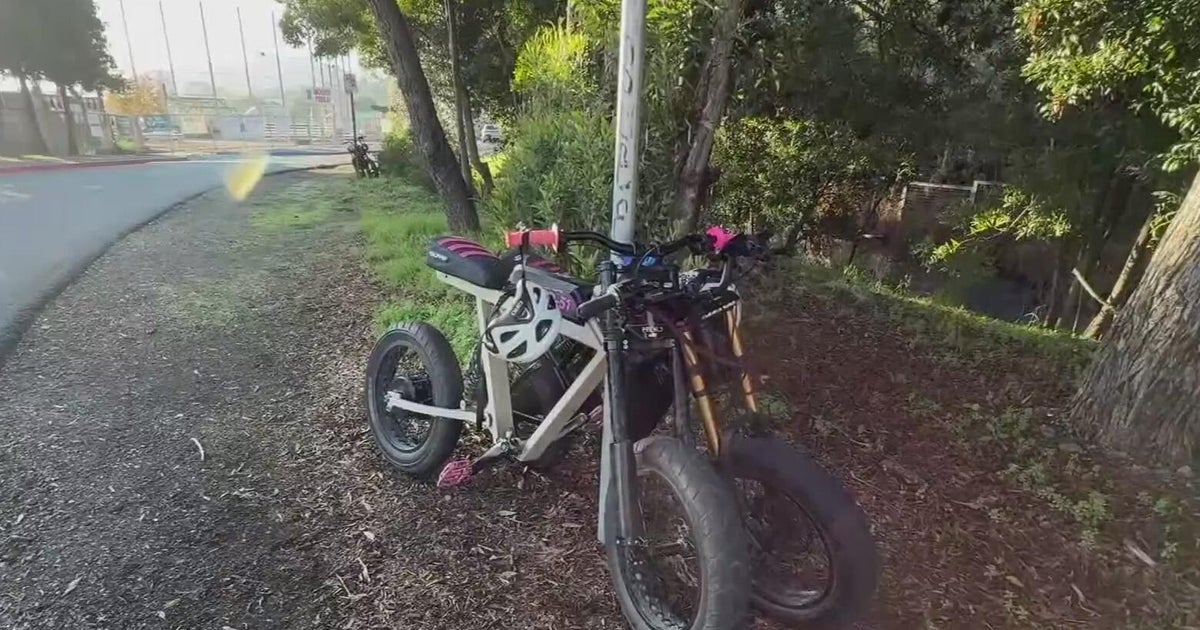Minn. Legislative Races Take Center Stage For Dems
ST. PAUL, Minn. (AP) — The fight for control of the Legislature has a new urgency for Minnesota Democrats gathering in Rochester for their state convention this weekend.
Democrats lost the gavels in both chambers two years ago, just as Mark Dayton became the state's first Democratic governor in 20 years. GOP majorities blocked him from raising income taxes on top earners as they clashed over a $5 billion deficit last year, resulting in a 20-day government shutdown and the lingering taste of gridlock on voters' palates.
"We need to get Dayton a compatible Legislature," said former Sen. Jim Carlson, a Democrat seeking to reclaim a suburban Eagan seat he lost two years ago.
Halfway through his first term, Dayton, too, is asking voters to put Democrats back in charge of the Legislature, giving him the latitude to make campaign promises a reality. Democratic-Farmer-Labor Party leaders are vowing to make 201 once obscure contests for Senate and House seats a major priority. Alliance for a Better Minnesota, an independent group allied with Democrats, independently plans to spend millions as it focuses on legislative races for the first time.
"Getting those majorities back will make all the difference," Dayton wrote in a fundraising letter focused on legislative races last month.
About 2,700 party activists will meet at the Mayo Civic Center on Saturday to endorse U.S. Sen. Amy Klobuchar for a second term and pick delegates to the Democratic National Convention in Charlotte, N.C. Little drama is expected in those decisions — Klobuchar is widely regarded as being in a strong position for re-election and support for President Barack Obama is a given.
The DFL is seeking to unseat Republican Rep. Chip Cravaack in northeastern Minnesota, but three Democrats first must face each other in an August primary.
DFL Chairman Ken Martin said the party aims to raise $4 million to $6 million for elections this year, with a significant chunk going to legislative races.
Alliance for a Better Minnesota executive director Carrie Lucking said ABM's spending will be the first time the organization gets involved in down-ballot races.
"I think people are ready in Minnesota to have some attention paid to legislative races and to ask the hard questions of the folks who are going to St. Paul to represent them," Lucking said.
Democrats are still smarting from the loss of legislative control in 2010. The GOP sweep deprived the DFL of its traditional power base in the Senate, which the party had controlled since modern partisan labels came into use in the mid-1970s. The House changed hands after four years under Democratic rule.
Since taking office early in 2011, the GOP-run Legislature and Dayton have clashed over everything from teacher tenure rules to abortion restrictions. Republicans used their majorities to send constitutional questions on gay marriage and voter ID to the November ballot, in a process that Dayton didn't have the power to block. GOP opposition to tax hikes remains solid, though Republicans agreed to spend more than they wanted to settle the shutdown.
On the campaign trail, Democratic candidates are blaming Republicans for delaying school payments and borrowing against payments from a legal settlement with tobacco companies to fix the deficit. They hope to use the memory of the shutdown — which thrust Minnesota into the national spotlight in an unflattering moment — to tie Republicans to public frustration with dysfunctional government.
"People are really frustrated and they're really tired of the extreme politics," said former state Rep. Connie Bernardy, a Democrat who is seeking an open House seat in the northern Twin Cities suburb of Fridley. "They're looking for people who have the ability and the track record of bringing people together."
Top Republicans said this week they are confident they can hold their legislative majorities.
They are campaigning on eliminating the last deficit without raising taxes and promising that a projected $1.1 billion deficit starting in mid-2013 can be wiped away without tax hikes.
"You know what would happen if there was all-Democrat control — it would be taxes out of control, it would be government regulation and it would be unionization all over the place," House Speaker Kurt Zellers said at a Capitol news conference Thursday with GOP House candidates.
A change of six seats would give Democrats control of the House.
Senate Republicans are defending a four-seat margin after a sex scandal that toppled Majority Leader Amy Koch from her leadership post and led to the dismissal of top GOP aide Michael Brodkorb late last year.
This year's races will inaugurate new districts drawn by the court in redistricting this year. More than 40 incumbent legislators are stepping down, with a handful of House members running for Senate seats.
"There's real unanimity about the desire to take back the majority in the House and the Senate," said Rep. Erin Murphy, a St. Paul Democrat who began recruiting House candidates 18 months ago. "The party shares that."
(© Copyright 2012 The Associated Press. All Rights Reserved. This material may not be published, broadcast, rewritten or redistributed.)
